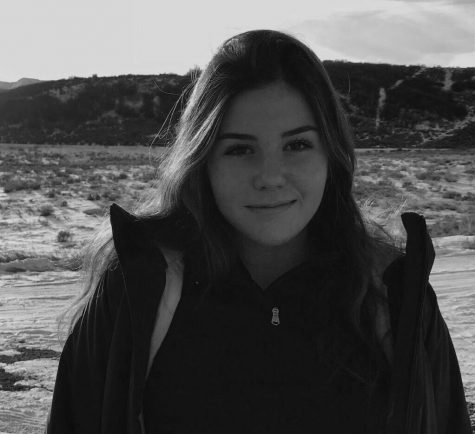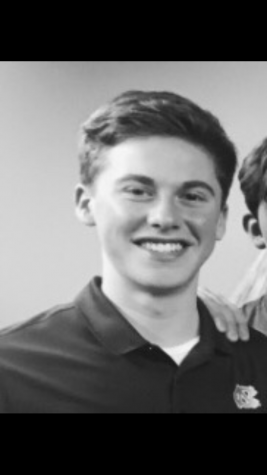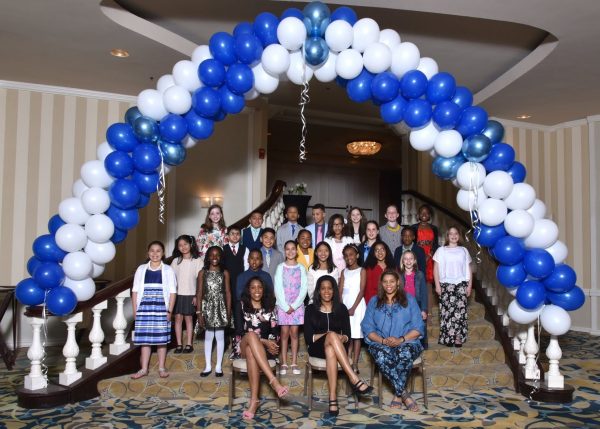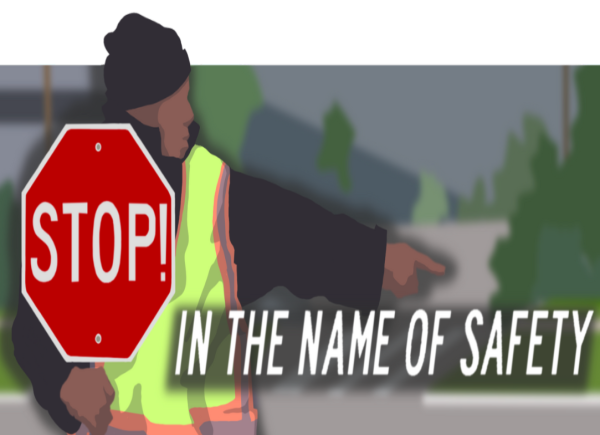Men, cisgender male students weigh in on #MeToo
March 23, 2018
*Student’s name in asterisk has been changed to protect anonymity.
While women’s voices have been the driving force of the #MeToo movement, men’s voices hold different places in the conversation.
“I would argue that when you’re accustomed to privilege, equity feels like oppression. When the conversation isn’t about cisgender males, they tend to go through privilege loss,” history teacher Quinton Clemons says, echoing a common historical understanding of systematic oppression. “There are certain conversations where people who are in the marginalized group need to have the space to speak first.”
English teacher Hasham Bhatti explained that part of the reason his cisgender male students do not participate in discussions about sexual assault and violence is due to a fear of speaking inaccurately and garnering a negative perception from their classmates.
“I think this silence is really dangerous because even though these students may be listening, they aren’t engaging in the conversation and reflecting on themselves and their own experiences. We need to know how these students feel so we know how to address them authentically,” Bhatti explains.
Other cisgender male students don’t participate in these conversations because majority of sexual assault perpetrators are cisgender males. Even though not all males are perpetrators, some students feel as though they are unfairly categorized as assaulters.
“The movement is a good idea but it seems like it is targeting people and putting everyone in the same category,” junior Sam Johns* says. “Not all dudes are scumbags. They are seen as more aggressive so it is harder to take their side.”
Some students have expressed that coming foward within the movement may force men to challenge their notions of masculinity and contradict their prior complacency.
“I think that guys will often almost support active sexual assault, egging their peers on, which is a huge problem,” senior varsity wrestler Adrian Bytyqi says. “I think to be a man, stereotypically, you can’t show your emotions. You have to be withdrawn, masculine and very into sports, but I think that that definition is kind of changing.”
The majority of cisgender male students the “Evanstonian” interviewed expressed that they share views similar to Bytyqi and are aware of the impact of the #MeToo movement and conversations surrounding sexual assault and harassment.
“This is not just a female issue; this is an everyone issue,” freshman Gabriel Stern says. “I feel like we need to work together to mitigate this problem.”
As of late 2017, there is no comprehensive federal study of the number accusations directed at men of color compared to white men. Acording to an investigation conducted by The Atlantic in 2017, university records from institutions like Colgate University show a disproportionate number of black male students accused of sexual violations.
“As a society, we have a tendency to automatically assert guilt onto people of color,” Clemons says. “With this single-stroke attitude, we have a tendency to push onto black men,”
Even though many in the LGBTQIA+ community end up being on the receiving end of sexual violence, their voices are often drowned out in the conversation. Tarana Burke, a black woman who is the original founder of the #MeToo movement 10 years ago, has had little recognition compared to many of the white actressesses who have spoken out this year.
“The leaders have been very open and honest about the fact that they include trans women, however, certain members of society say that they won’t include trans women,” Clemons says.
On April 13, teachers can take classes to the “Now That We’re Men” in the auditorium. The performance looks at five boys’ inner worlds and will be followed by a talk-back including topics such as the culture of consent and cross-sectionality of identities.



















